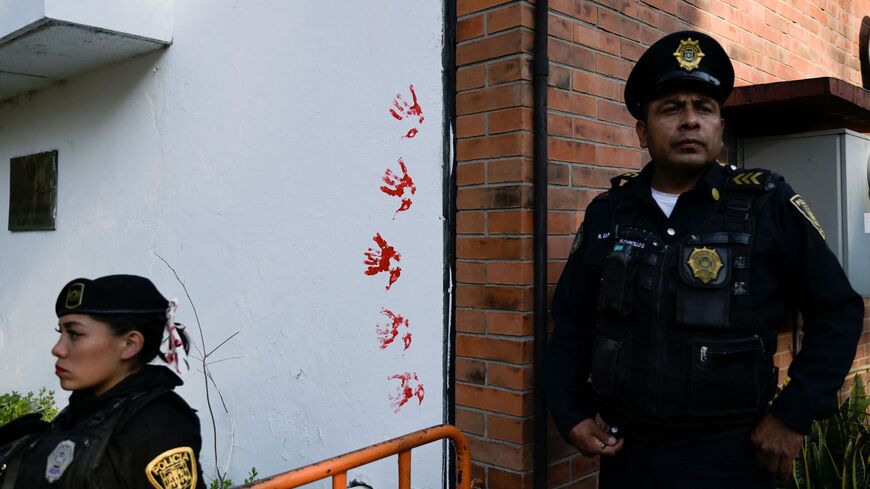A new report on Thursday has revealed alarming figures for Iranian executions this year, a killing spree that rights groups say is intended to intimidate the Iranian people.
In May alone, at least 142 people were executed in the country, the Oslo-based group Iran Human Rights (IHR) said in its report. The number, which averages to over four people executed per day, is the highest monthly figure in the country since 2015.
At least 307 people have been executed this year, a 76% increase compared to the same period last year, the report showed.
In the report, IHR director Mahmood Amiry-Moghaddam called on the international community to urgently intervene to stop the country’s “killing machine,” writing, “The purpose of the Islamic Republic’s intensification of arbitrary executions is to spread societal fear to prevent protests and prolong its rule.”
Executions have surged in the Islamic Republic after anti-regime protests erupted across the country last September in response to the death in police custody of Mahsa Amini. Authorities responded to the protests with a violent crackdown, killing hundreds and arresting thousands. The judiciary has issued several death sentences in relation to the protests, but many have been sentenced for other violations, including drug and blasphemy offenses. The IHR report found that at least 78 people were executed last month for drug-related offenses.
“Imposing the death penalty for drug offenses is incompatible with international human rights norms and standards,” UN Human Rights Chief Volker Turk said in a press release last month.
Last week, a rare public execution was carried out in front of a large crowd in the city of Maragheh, in East Azerbaijan province. The man, who was not identified in the press, was arrested five years ago and charged with corruption and prostitution. State media outlets shared images and videos showing the convict standing next to two executioners while blindfolded. He was then photographed hanging from a crane by a rope around his neck. Rights groups were quick to denounce the public execution, describing it as a “medieval” practice.
“Today’s public execution and its publication by state media shows the true horrifying face of a government that’s trying to prolong its reign with cruelty, humiliation and intimidation of society,” Amiry-Moghaddam said in a statement last week.
Earlier in May, three protesters were hanged in a prison in the central city of Isfahan, despite pleas from relatives and rights groups. The three men were reportedly tortured to force their confessions.
Last week, authorities postponed the execution of a 22-year-old man held in a prison in Shiraz city, in Fars province, following calls to stop the death penalty. Amnesty International had warned about the imminent execution of Hossein Shahbazi, saying that he was convicted of a crime he committed when he was a minor. The UK-based group denounced the “grossly unfair trial” he was subjected to in January and said his confessions were obtained under torture.
Iran is the world’s second most prolific executioner after China, according to Amnesty.







